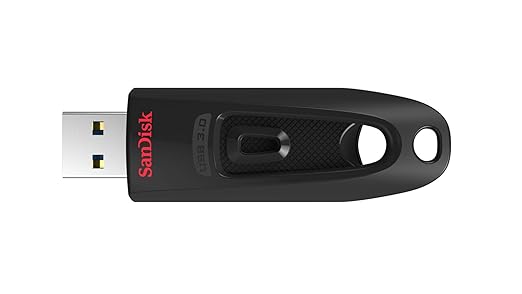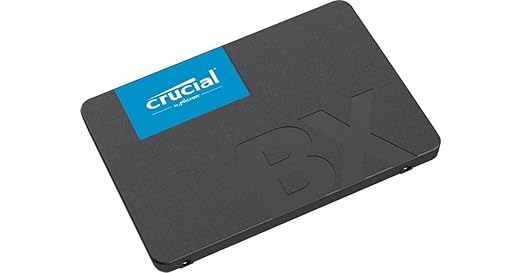How to Speed Up a Slow Windows Laptop—2025 Complete Guide
Is your laptop crawling or lagging, opening apps slower than ever? Bujji, don’t rush to the service center or buy a new machine yet—these 2025 tips will get you fast results at home! Clean up bloat, optimize settings, and use the smartest modern tools to turn your slow Windows PC into a speedy one.
- 🔄 Free up space, boost RAM, and fix a cluttered startup
- ⚡ The best free tools for 2025—safe for any Windows user
- 🛑 Zero-risk, no hardware tricks (upgrade suggestions optional)
Step 1: Update Windows & All Drivers
- Open Settings > Windows Update and check for updates.
- Update all “Optional” drivers (especially Display/Graphics and Chipset).
- Bonus: Run “Device Manager” > Update driver for key components (network, Bluetooth, audio).
Step 2: Remove Startup & Background Apps
- Right-click the Taskbar, select Task Manager > Startup tab—disable all apps you don’t need on boot (Google Drive, Teams, Discord, etc.)
- Settings > Apps > Startup: Disable “On” sliders for unneeded apps.
- Settings > Privacy > Background Apps: Toggle off background activity for everything except essentials.
Step 3: Clean Storage, Junk, & Temporary Files
- Settings > System > Storage: Run Storage Sense, clean Downloads, Recycle Bin, and Temp files.
- Right-click C: drive > Properties > Disk Cleanup. Check all boxes, clean up.
- Third-party Tip: Use “Advanced System Optimizer” or “Ashampoo WinOptimizer Free” for deeper junk/remnant cleaning and auto tune-up tasks.
Step 4: Uninstall Bloatware and Unused Programs
- Settings > Apps > Installed Apps: Remove trials, preloaded games, & anything you don’t use.
- Apps from laptop brand (Dell/HP/Asus tools) can be removed for lighter, faster performance.
Step 5: Tweak Windows Settings for Performance
- System Properties > Advanced > Performance > Settings: Choose “Adjust for best performance” or custom (disable transparency/animations).
- Settings > Power & Battery: Set “Best Performance” mode for speed; plug in your charger while working for full CPU speed.
- Settings > Storage: Set up automated “Storage Sense” to auto-remove temp files.
- Enable “Fast Startup”: Control Panel > Power Options > Choose what the power buttons do > Turn on Fast Startup.
Step 6: Scan for Malware, Viruses & Fix System Errors
- Run Windows Defender (built-in, free) for full virus scan (Settings > Update & Security > Windows Security).
- Download and run Malwarebytes Free for deep malware/adware/PUP cleaning once a month.
- Search “Cmd” → right-click → Run as Admin → type
sfc /scannowto fix system file errors.
Step 7 (Bonus): Consider a Simple Hardware Upgrade
- Add more RAM if you have 4GB or less—8GB is the sweet spot in 2025 for most people.
- If your laptop still has a mechanical HDD, upgrade to an SSD for 4–5x boot and app speed.
- Tip: Most local PC shops will install RAM/SSD for ₹300–500 labor; parts are cheap on Amazon.
Best Free & Safe PC Cleaner Tools (2025)



FAQs—Speed Up Your Laptop
Q: Do I need paid PC cleaner apps?
A: No! Built-in Windows tools + free versions of Optimizer, Ashampoo, or CCleaner do 95% of cleanup safely. Use paid tools for advanced driver cleaning or extra automation.
Q: Will disabling startup apps break anything?
A: Only essential items (antivirus, drivers) need to stay enabled. Most trial-ware, chat, or pre-installed apps can be disabled safely—if you need them, you can start them manually.
Q: What’s the fastest single upgrade?
A: Switching from HDD to SSD. Even a cheap SSD is dramatically faster than any old hard drive in 2025.
Q: Can I use these tips on Windows 10 and Windows 11?
A: Yes—almost every fix above works on both systems.




